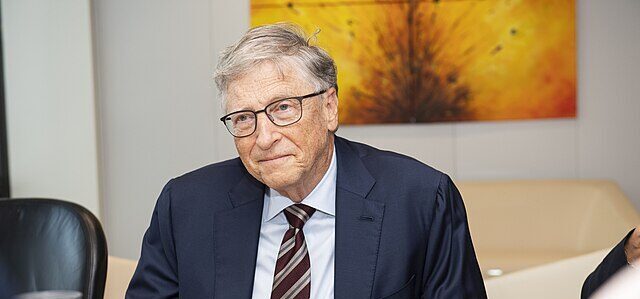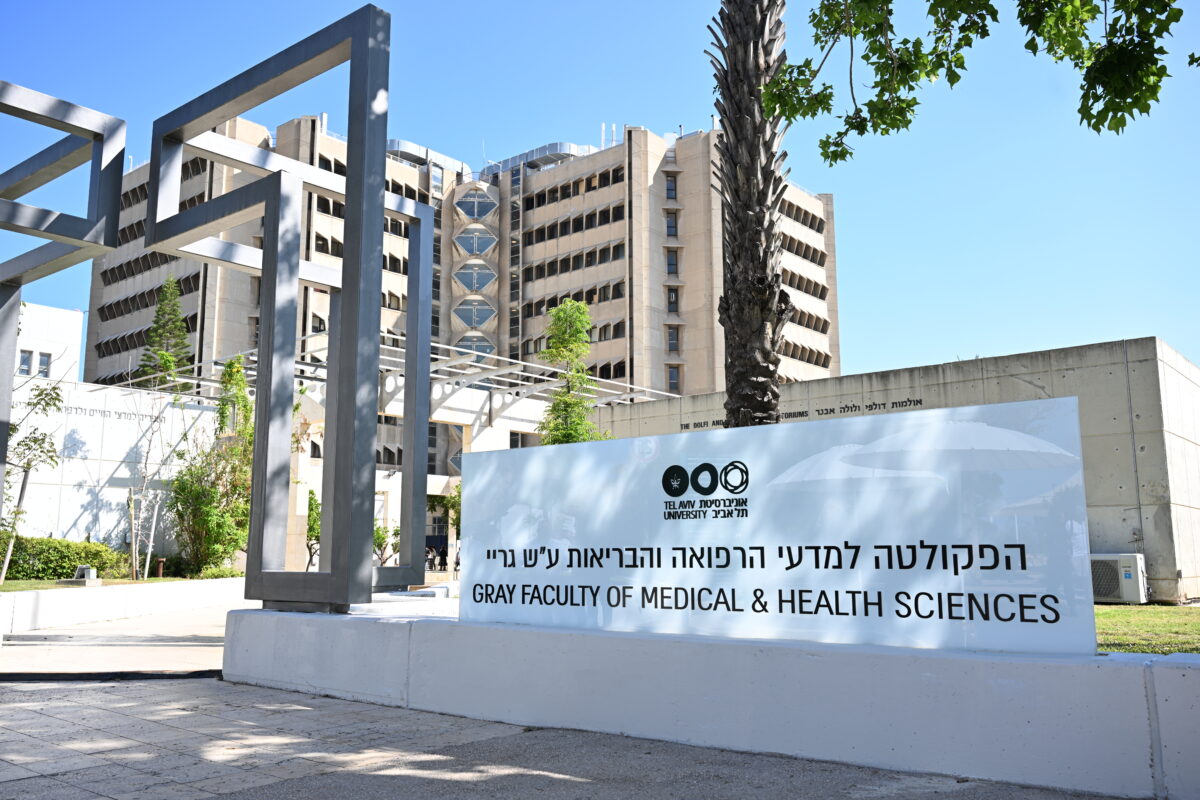The third Philanthropy for Better Cities Forum, organized by The Hong Kong Jockey Club Charities Trust, took place at the West Kowloon Cultural District in Hong Kong on September 11-12. This two-day forum, themed ‘Philanthropy for Fairer Societies’, attracted over 1,600 delegates from around the world.
The Hong Kong Jockey Club’s support for the Forum, like all of its charity initiatives, is made possible by its unique integrated business model through which racing and wagering generate tax and charity support for the community. Dr Gabriel Leung was appointed Executive Director of Hong Kong Jockey Club Charities Trust last year. Prior to working at the Jockey Club, Gabriel was the Dean of Medicine at the University of Hong Kong. Here, Gabriel explains to Alliance the vision behind the Forum and the establishment of the 5 Billion HK dollar initiative: “Institute of Philanthropy” announced on the first day, as well as how to collaborate with other philanthropic platforms in Asia.
Gabriel Leung, Executive Director, Charities and Community of Hong Kong Jockey Club
FL: Thank you for inviting Alliance to join this event. I understand this is the third PBC forum that Jockey Club has hosted. What was the vision behind establishing this forum, and how has it evolved since 2016?
GL: I think the belief and the vision have not changed, and it’s really about sharing and providing a common platform for dialogue. If you look at the history of philanthropy, or modern philanthropy at least, it started with the West developing, accumulating great wealth and subsequently thinking about how to redistribute wealth other than through government, and then the whole professionalization of the philanthropic sector. But if you then look at the mirror history in the East, great wealth has begun to be accumulating for many decades. But we’re still looking to the West and adopting many of the ways of giving that were essentially established and practiced for a century already. There must be other ways of giving that would be contextualized to Asia. And perhaps even there can be some reverse osmosis where there can be shared learning in the other direction, from the East to the West. But in order to do this, you need to have a common platform for people to talk to each other.
As in any other area, we are here as a catalyst. We’re a sort of a provider of a safe place for you to innovate, a space with financial resources and a community of fellow foundations
Even with technology such as Zoom or email, you cannot escape in-person meetings, the side conversations, the lunch conversations, and the happy consequences of serendipity. That’s really what PBC is all about, and PBC 2023 is, as far as I can tell from the feedback that I’ve been getting in the last day and a half, a very good and effective platform for this vision.
FL: Congratulations! I also noticed this beautiful venue we are in right now, a little bit unconventional choice for a large international conference. Why Hong Kong Palace Museum?
GL: Well, this very building in West Kowloon Cultural District we are living in and having this interview in was in whole supported by the Jockey Club Charities Trust, $3.5 billion Hong Kong dollars.
FL: That’s amazing. If I could go back to the forum itself. The Jockey Club announced the establishment of 5 Billion HK dollar initiative: “Institute of Philanthropy” on the first day. What do you hope to achieve through this new initiative?
The big question is, how do you operationalize every last detail that makes life not as difficult as it is for grantees? Little things like trust people to make the right decisions, trust them that they are actually trying the level best to do a proper job, trust them to be accountable.
GL: The institute is only one day old, so we are really in a period of intently listening. I think that’s very important. We all have blind spots, and we will never be able to see the entire picture. This Institute of Philanthropy is empowered by the Jockey Club Charities Trust, but it is not the Jockey Club Charities Trust. It’s a common platform and a “think-fund-do tank”. We are not only thinking or talking, nor just a traditional grant maker. We’re not just about advocacy or action research, and that’s the do bit. We are actually all three. We’re going to provide the necessary resources and that’s a substantial first tranche to empower this whole initiative, and to really say to our fellow foundations and trusts that we are very serious about this. Let’s do it together, let’s use this as a platform, and let’s see where it takes us.
FL: So you’re sending an encouraging signal to the whole industry.
GL: I hope so. That’s certainly the intention.
FL: The theme of this year’s forum is philanthropy for a fairer society and resilient building. The Jockey Club has provided enormous support to citizens and nonprofits in Hong Kong during the pandemic time. We’ve heard many conversations yesterday and today about new research initiatives launched globally that aim to secure a pandemic-free future for humanity. I understand you came from a very strong medical background. In your view, how could philanthropy and other sectors work together to address this future challenge?
GL: Pandemic preparedness is certainly a very important area, and it happens to be my own area of research for 25 years. Epidemic or pandemic preparedness is related to so many issues, ranging from surveillance, which is at the very early upstream end to vaccine, which is a pharmaceutical intervention. How can we do better along this whole spectrum of both non-pharmaceutical and pharmaceutical interventions such that we would be able to mitigate, probably not altogether prevent, but mitigate the impact of the next big one?
FL: And particularly, what can philanthropy such as the Jockey Club Charity Trust do?
GL: As in any other area, we are here as a catalyst. We’re a sort of a provider of a safe place for you to innovate, a space with financial resources and a community of fellow foundations, NGOs or researchers, so that they can really work their own magic in their own spheres, which together will keep us safer.
FL: There was a popular session that focused on trust-based philanthropy on Day One. The notion of “trust-base” is both new and old. How do you view this concept getting popular worldwide today? Will Jockey Club adapt this approach?
GL: Well first of all, I’m not sure that there is a consensus on what that concept really is. Very few people have operationalized any such concept. We are the Hong Kong Jockey Club Charities Trust. So trust based philanthropy is in our DNA. There is a reason why linguistically it was invented for this line of work. I think philanthropy has always been trust-based. The big question is, how do you operationalize every last detail that makes life not as difficult as it is for grantees? Little things like trust people to make the right decisions, trust them that they are actually trying the level best to do a proper job, trust them to be accountable. Those things can be reflected in every last detail of what could be a very smooth documentation process or audit process, to what could be a painfully frustrating process. Right? Don’t underestimate the little things that you can do and the huge impact it has on the grantee. I prefer baby steps, but concrete, actionable, impactful baby steps.
FL: Inequality is a global challenge that requires collective action and collaboration across borders. We are witnessing a growing number of new regional collaboration network/platform in Asia in the past 5-10 years including AVPN, Asia Philanthropy Congress, Asia Philanthropy Circle and PBC Forum. How can these platforms collaborate with each other?
GL: We are all great friends with each other. I just had a very, very good session with Temasek this morning, I went to a Rockefeller-hosted lunch meeting and Nippon Foundation has held side meetings here together with Sasakawa Health Foundation. So let’s all find our own space, let’s all work together, let’s not overlap, let’s not duplicate, and let’s complement each other, and I think that that is what makes us stronger.
FL: What do you hope the attendants of this year’s forum will take away with them?
GL: We’re not going to issue a communique, there is no official takeaway message. I think that the best way is to let people take away what has most impressed them, what has left an indelible mark on them, and what would be most directly relevant and useful for them in their daily line of work. But whatever those takeaways may be, I hope that the common goal is really to make life a little bit fairer for everybody a day at a time, because life isn’t fair.
Fan Li is the East Asia Regional Representative at Alliance magazine
Credit:Source link



